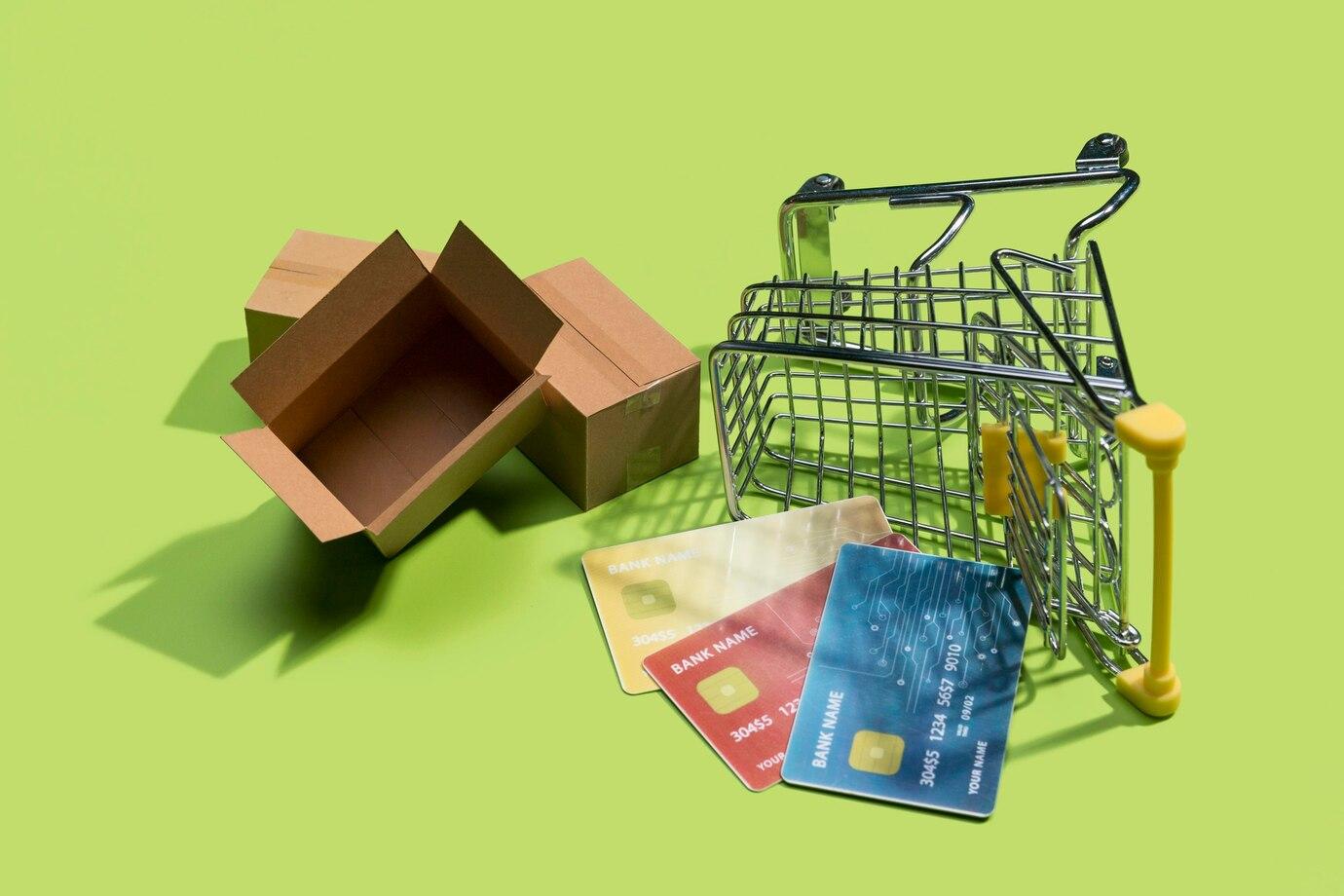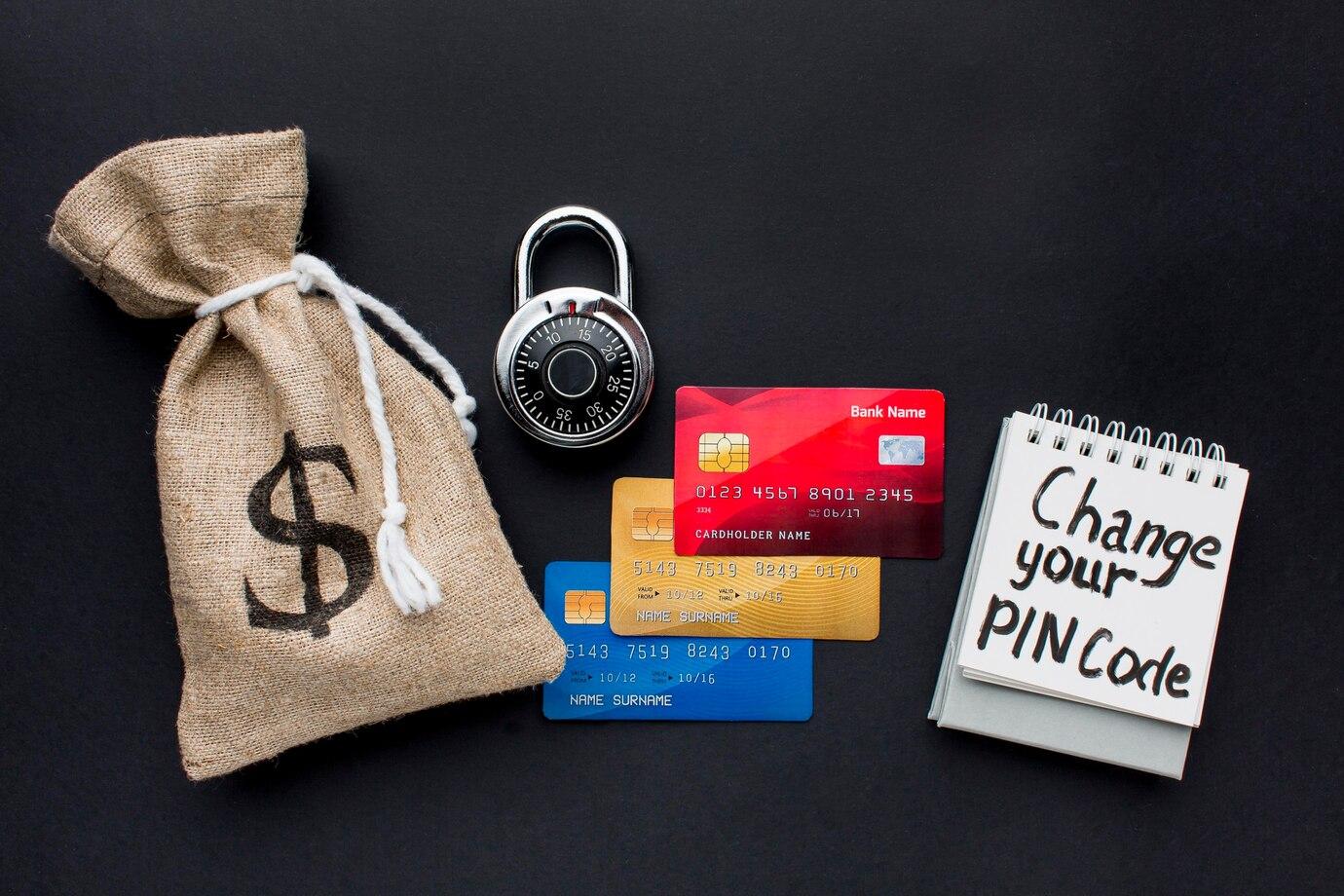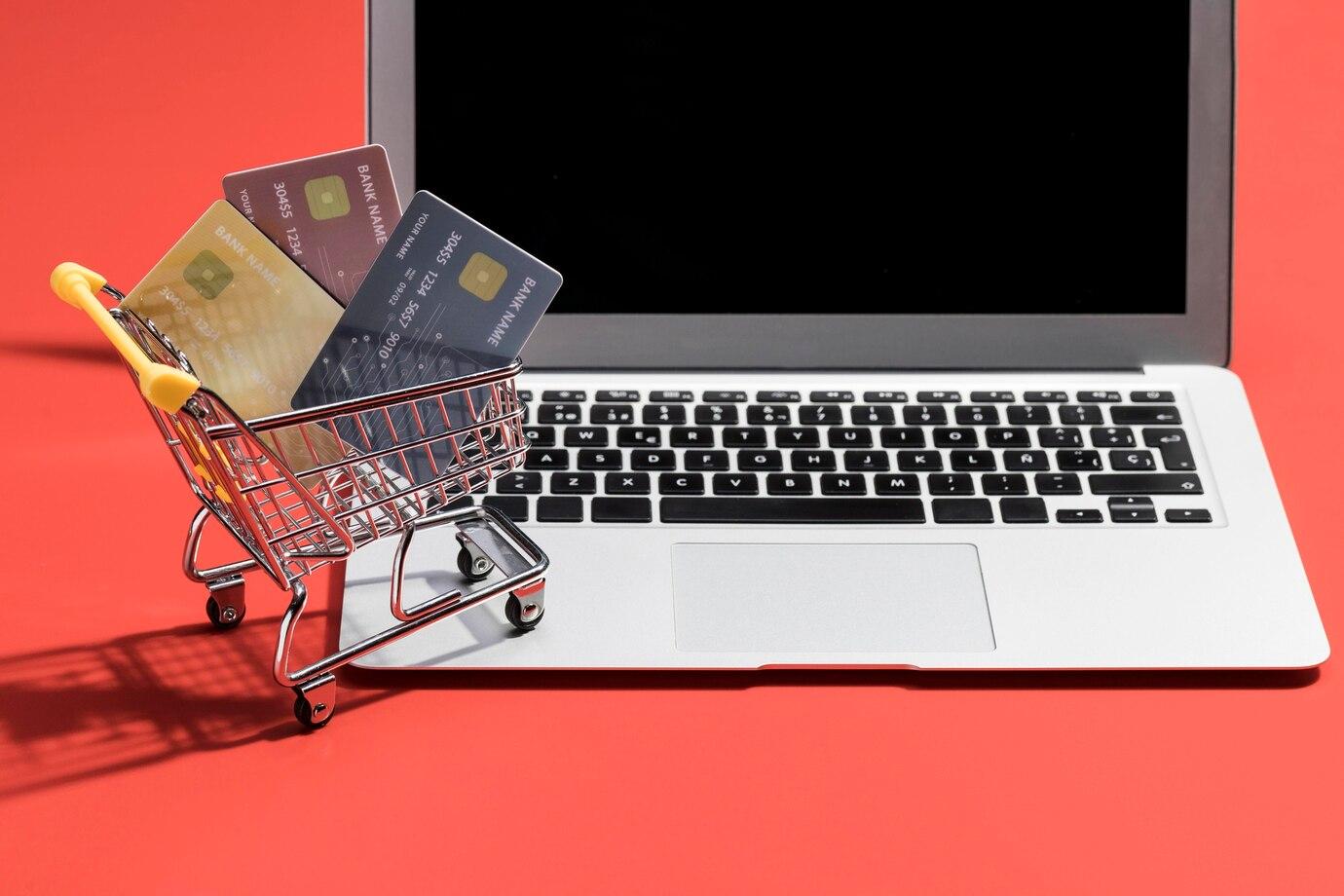With the development of technology and the spread of online trading, international online platforms have become not only convenient but also popular spaces for shopping. However, along with opportunities and conveniences, such platforms have also introduced serious risks associated with financial fraud.
Fraud on Marketplaces
Marketplaces such as Amazon, eBay, and AliExpress provide space for numerous sellers. This creates an opportunity for competition, which is usually positive for buyers. Fraudsters can use various schemes to deceive buyers, including:
- Fake listings. Fraudulent sellers may offer their products at reduced prices, attracting consumer attention.
- Unbelievable reviews. Often, fraudsters manage to bribe or create fake accounts to leave positive reviews.
- Confidential information. Fraudsters may try to obtain credit card data or personal information.
Understanding how fraud schemes work helps buyers make more informed decisions.
The main risk when buying goods abroad is the difference in legislation and consumer protection rules. Not all foreign platforms offer the same degree of protection.
- No returns.
- Difference in quality standards.
- Long delivery times.

Fake Sellers on AliExpress
AliExpress is one of the largest international platforms, concentrating many sellers from different countries. This creates a risk of fraudsters appearing.
- Difficulty verifying sellers. AliExpress has a rating system, but it does not always allow you to clearly determine whether a seller is reliable. Some fake accounts achieve high ratings through review manipulation.
- Counterfeit goods. The platform may feature counterfeits of well-known brands at the price of the original.
- Unclear warranty conditions. Each seller sets their own terms for receiving and returning goods, which can create problems in case of defects or discrepancies with what was advertised.
Before buying on AliExpress, carefully study the seller's page, including their rating and reviews.
Risks of Shopping on Foreign Websites
Shopping on foreign online stores provides access to unique goods, but it also comes with significant risks.
- Additional costs.
- Money loss.
- Language barriers.
It is important to study the site's features, delivery conditions, and return policies in advance. Generally, reliable platforms provide transparent terms and clear information about all possible risks.
The existing risks should not deter buyers from international trade. There are many ways to minimize and avoid fraudsters in e-commerce
- Researching the seller.
- Using secure payment systems.
- Reading the terms.
The best defense against fraud is being informed. Before making a purchase, always analyze and take the time to decide if you really need this item or to buy from this seller.

Fake Goods from International Platforms
One of the major drawbacks of shopping on international platforms is the threat of receiving counterfeit goods.
- Incorrect product information. When purchasing, a situation may arise where the information about the product does not match reality.
- No guarantees. Many counterfeit goods do not have any quality guarantees and are generally not returned. This poses a high risk of money loss for buyers.
- Uncertified products. Counterfeit goods, especially in cosmetics and electronics, can be dangerous to health.
Before making a purchase, especially if the product seems too good to be true, check the manufacturer's information and request additional proof of authenticity.

Scams on Global Marketplaces
There are many fraud schemes used on global marketplaces.
- Non-payment for goods. Some sellers may request payment for goods before dispatch. After receiving the transfer, they disappear, leaving the buyer with nothing.
- Fake auctions. On some platforms, auctions with fake goods may be conducted, where consumers ultimately bid on artificially inflated prices without receiving any goods as a reward.
- Tax proposals. Fraudsters may try to make buyers overpay for taxes or fees upon delivery without having the right to do so.
To avoid such situations, it is necessary to thoroughly check all sellers, make purchases through secure channels, and not fall for dubious offers that seem too good to be true.
Conducting secure payments when shopping online can be done in several ways.
- Using secure payment systems.
- Two-factor authentication.
- Pay attention to the URL link. Before entering your data, make sure the site is secure.
The security of your finances in online shopping depends on a number of factors, including the choice of payment system, personal caution, and the ability to identify false information.

Fraud Schemes in Online Stores
Fraud schemes continue to evolve and become more sophisticated every year.
- Sellers hiding information. Some fraudsters may post a product, but hide information about it and the purchase conditions, creating an opportunity for manipulation.
- Use of social media. Rapidly developing social media platforms become a field for fraudsters who can post false product advertisements and lure customers.
- Fake discounts and sales. Fraudsters typically use manipulations with discounts and sales to attract attention. It's hard to resist sales with an 80% discount. And this is often a scam.
Proper awareness and understanding of these schemes can significantly reduce risks when making purchases. Refer to trusted sources, study reviews, and try not to fall for enticing offers.

How to Check a Seller's Reliability
Checking a seller's reliability is an important step before purchasing on an international platform. This can be done in the following ways:
- Study reviews and ratings.
- Check the seller's operating time.
- Feedback with the seller.
Any information you can get about the seller before buying will help eliminate the risk of fraud and protect you from financial loss.
Purchases on international online platforms can bring many benefits, but they are also associated with financial fraud risks. Understanding potential fraudsters' tricks and knowing protection methods can help make your purchases safer.


